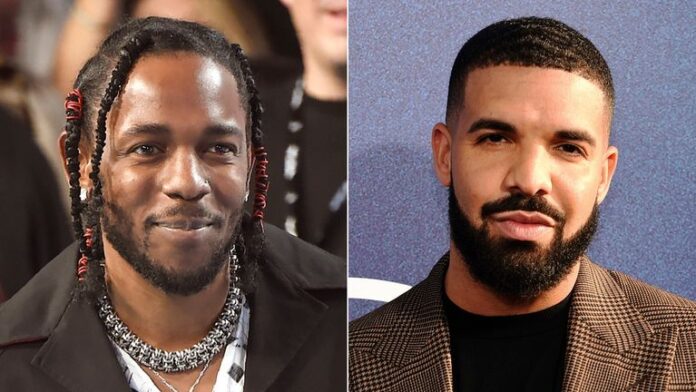A U.S. federal judge in Manhattan has dismissed Drake’s defamation lawsuit against Universal Music Group (UMG) over Kendrick Lamar’s hit song “Not Like Us.”
The decision, issued on Thursday, October 9, by Judge Jeannette Vargas of the U.S. District Court for the Southern District of New York, ends one of the most closely watched music industry disputes of the year.
“In the context of a public feud between two rap artists, a reasonable listener would not interpret the lyrics in question as statements of fact,” Judge Vargas wrote in her 27-page opinion. “They are rhetorical and hyperbolic, characteristic of the genre and its traditions.”
Drake, whose legal name is Aubrey Drake Graham, filed the case in January 2025 against UMG.
He claimed that “Not Like Us” falsely portrayed him as a pedophile and a predator, and that the song’s promotion had placed him and his family at risk.
In the complaint, Drake accused UMG of “knowingly publishing and amplifying false and damaging claims” and alleged that the company boosted the song’s visibility through paid marketing and playlist promotion.
The lawsuit sought $100 million in damages for defamation and emotional distress.
UMG denied any wrongdoing, arguing that the lyrics were part of a longstanding artistic tradition of exaggeration and competitive insult in rap.
“To call these lyrics defamatory is to ignore decades of hip-hop culture and the clear difference between artistic rivalry and factual accusation,” UMG’s attorney Laura Feinman said in a statement following the ruling.
Judge Vargas sided with UMG, saying that even harsh or offensive lyrics fall within the protection of free speech when expressed as opinion or metaphor.
She cited similar past cases where courts ruled that rap lyrics, battle rhymes, and diss tracks are “nonactionable opinions” because their audiences understand them as creative expression rather than literal claims.
“The court will not become the arbiter of artistic meaning or the referee of a rap feud,” Vargas added.
Drake’s legal team said he intends to appeal the ruling. In a brief statement released Thursday night, his spokesperson Melissa Kennard said:
“This decision ignores the real harm caused by the spread of dangerous lies. We will pursue all available legal options.”
Drake has not made a public appearance since the ruling but posted briefly on Instagram Stories, writing: “They can twist words, but truth always finds its way out.”
In May 2024, Kendrick Lamar released “Not Like Us,” a diss track that accused Drake of predatory behavior and mocked his image as a pop star.
The song became a global hit, reaching No. 1 on the Billboard Hot 100 and streaming over 400 million times within two months. Lamar performed it at the 2025 Super Bowl Halftime Show.
Drake responded with multiple diss tracks of his own, including “The Heart Part 7” and “Family Ties II,” but “Not Like Us” remained the defining record of the feud.
Kristen McAuley, a media law professor at Columbia University, said in an interview that the ruling “reaffirms the high bar for public figures claiming defamation.”
“Courts have consistently said that lyrics, like satire, are expressive speech,” she explained. “You can dislike what’s said, but that doesn’t make it libel.”
UMG welcomed the decision in a public statement Thursday afternoon:
“This ruling protects the creative rights of all artists,” the company said. “Freedom of expression is the cornerstone of music, even when it provokes controversy.”
Drake has 30 days to file an appeal with the U.S. Court of Appeals for the Second Circuit.



